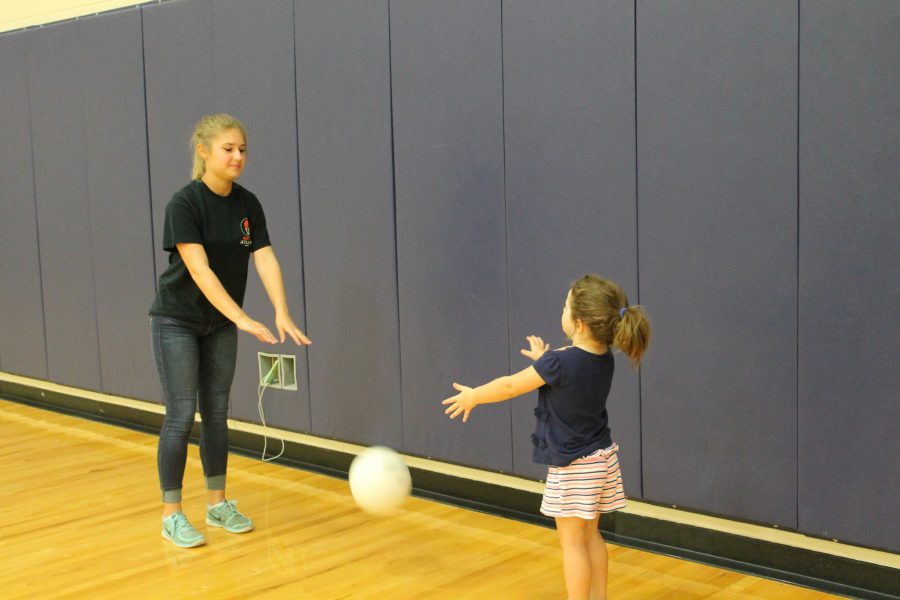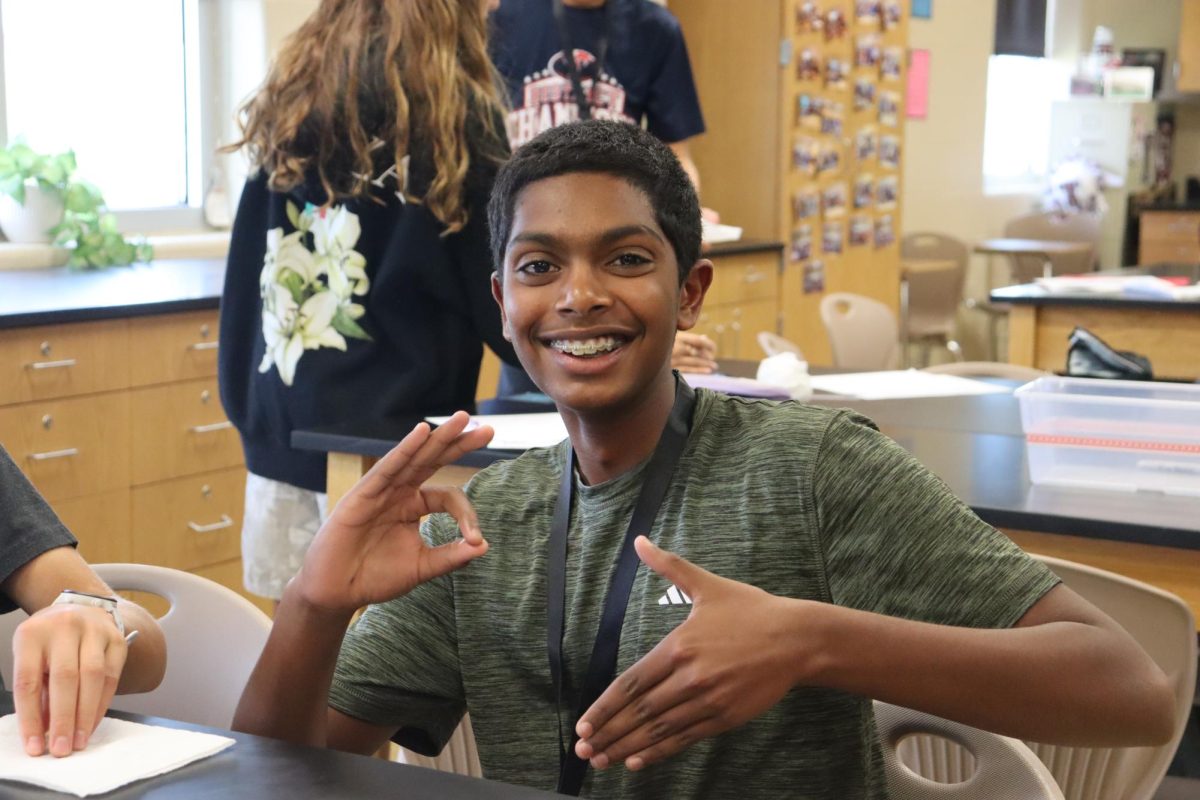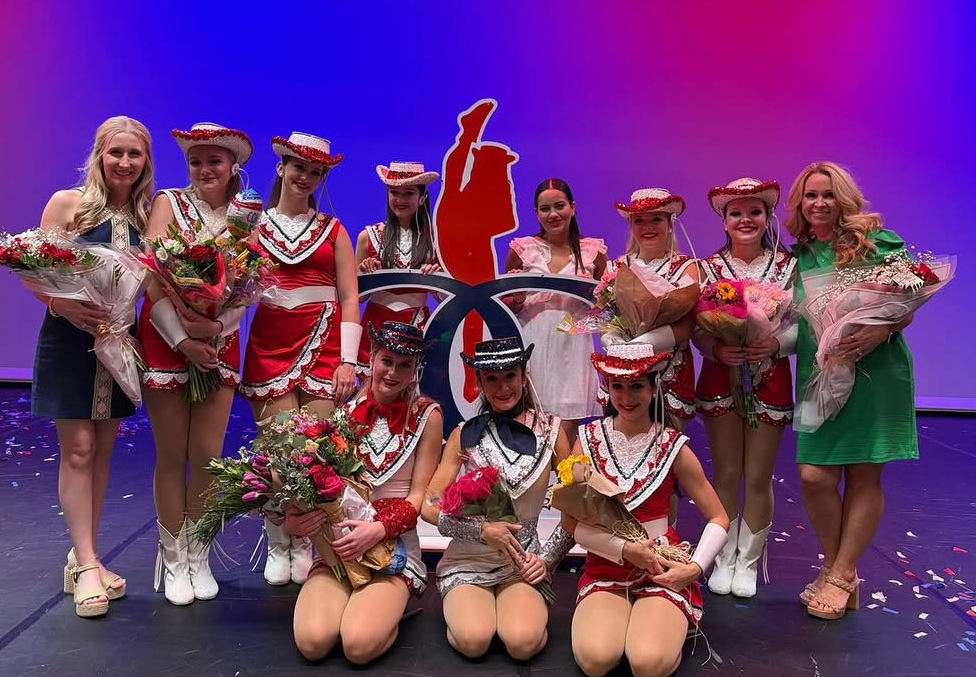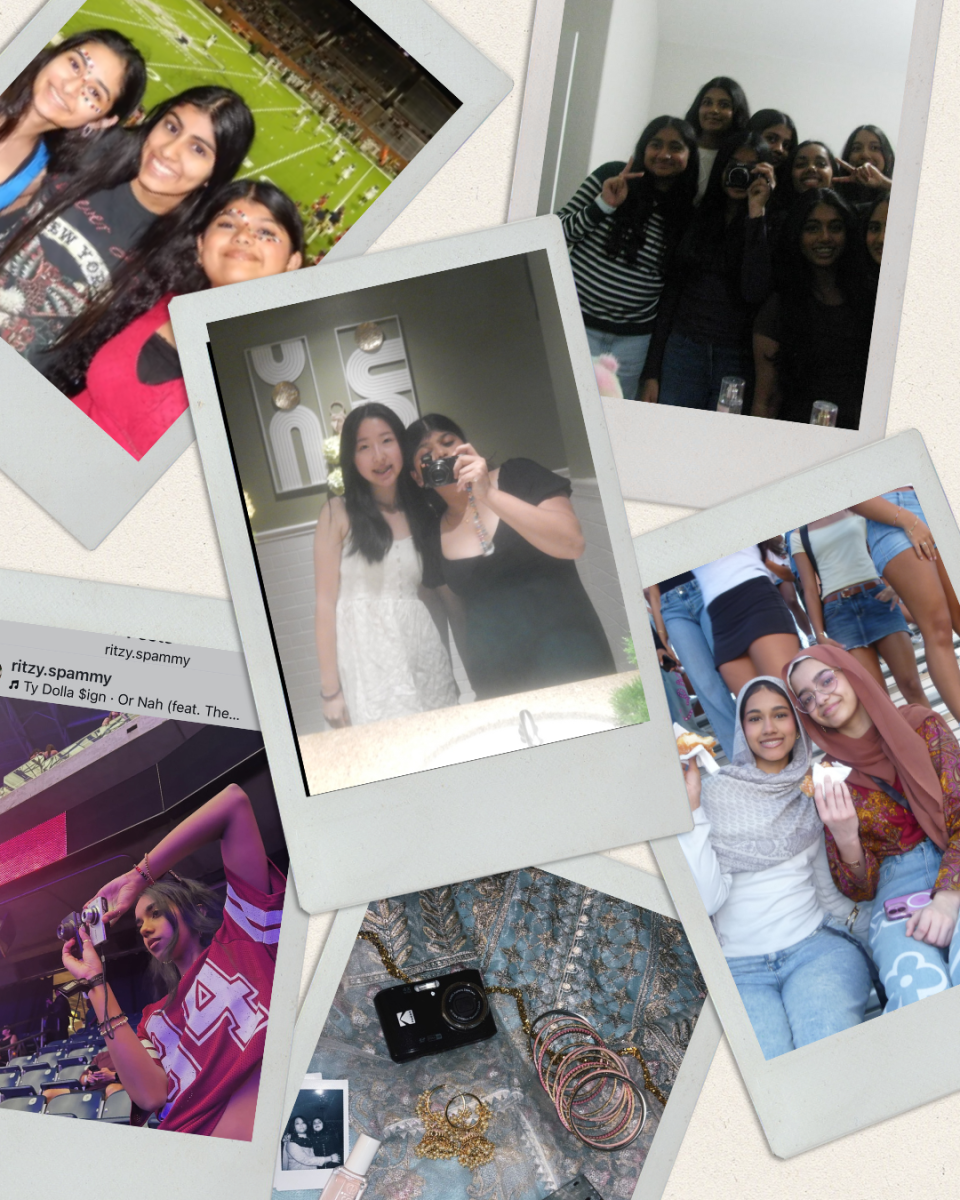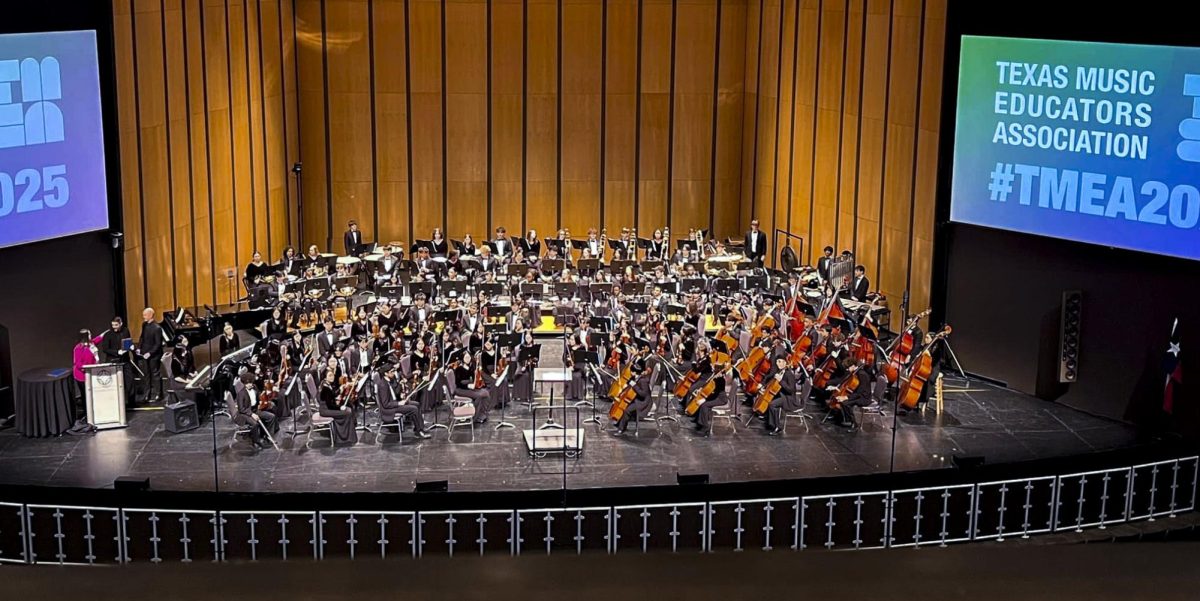Two figures sit side by side pouring over a book, one noticeably larger than the other. They speak in hushed voices in the hallways of Odessa Kilpatrick Elementary School. The intention is for the smaller student to absorb advice from the high school student, but when this relationship is looked in to in greater detail, one can see the important skills and values they are both learning from one another. One of them just starting a chapter in their life, primary school, and the other starting a new chapter of independence and a new path in life.
“To be a friend, to mentor, to make a difference in a child’s life. These are the main goals we set out to accomplish when getting involved with these kids. By doing this, we feel that even if we can help one kid’s life become easier or better equip them for hardships to come, then we are really making that difference,” said senior Kaitilyn Miller.
PALS sets out to provide kids in early development with a figure to seek advice from, someone who might have experienced similar issues. Oftentimes, students do not always feel the most comfortable approaching teachers or parents with questions they feel might be seen as embarrassing. However, with the introduction of a student closer to them in age, there is a sense of mutual understanding of what the other has experienced.
“We want them to be happy and have someone to talk to. We believe it is important in any kid’s development for them to have a figure in their life where they feel open to discussing uncomfortable topics. We feel that we can use our experiences as kids growing up in this day and age to really give some advice that is well-adjusted to this age of ‘social media’,” said Miller.
With the new age of media, a constantly evolving culture of popularity and an increased importance on ‘going viral’, high-school students might be more equipped to aid in certain situations as they understand the pressures that are thrown on kids today due to a constantly connected world. With the help of PALS, young students are provided with a full of ecosystem of people they can approach for advice on topics, such as teachers, parents or family members and PALS partners.
“Around March or April, they will pick up an application from the counselor’s office, fill out the form and wait to see if they get an interview. An interview typically takes place in April and there are about 44 students who will be picked for the program,” said Mary Merrell, sponsor of the PALS club.
Students are encouraged to apply for PALS if they are interested in being involved in the development of those students coming after them. From this, students can also learn lessons from their younger counterparts, such as how to engage with someone in deep conversations and have thoughtful, supportive conversations.
“They show us how much being a role model means. They show us how to be present in conversations. These lessons they teach us are things that we feel we’ll be able to apply in our everyday lives, and we feel really grateful for having that opportunity,” said Merrell.

